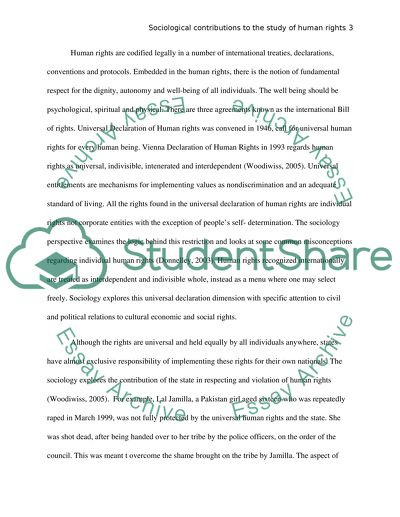Cite this document
(“Sociological contributions to the study of human rights Essay”, n.d.)
Retrieved de https://studentshare.org/sociology/1393778-sociological-contributions-to-the-study-of-human-rights
Retrieved de https://studentshare.org/sociology/1393778-sociological-contributions-to-the-study-of-human-rights
(Sociological Contributions to the Study of Human Rights Essay)
https://studentshare.org/sociology/1393778-sociological-contributions-to-the-study-of-human-rights.
https://studentshare.org/sociology/1393778-sociological-contributions-to-the-study-of-human-rights.
“Sociological Contributions to the Study of Human Rights Essay”, n.d. https://studentshare.org/sociology/1393778-sociological-contributions-to-the-study-of-human-rights.


